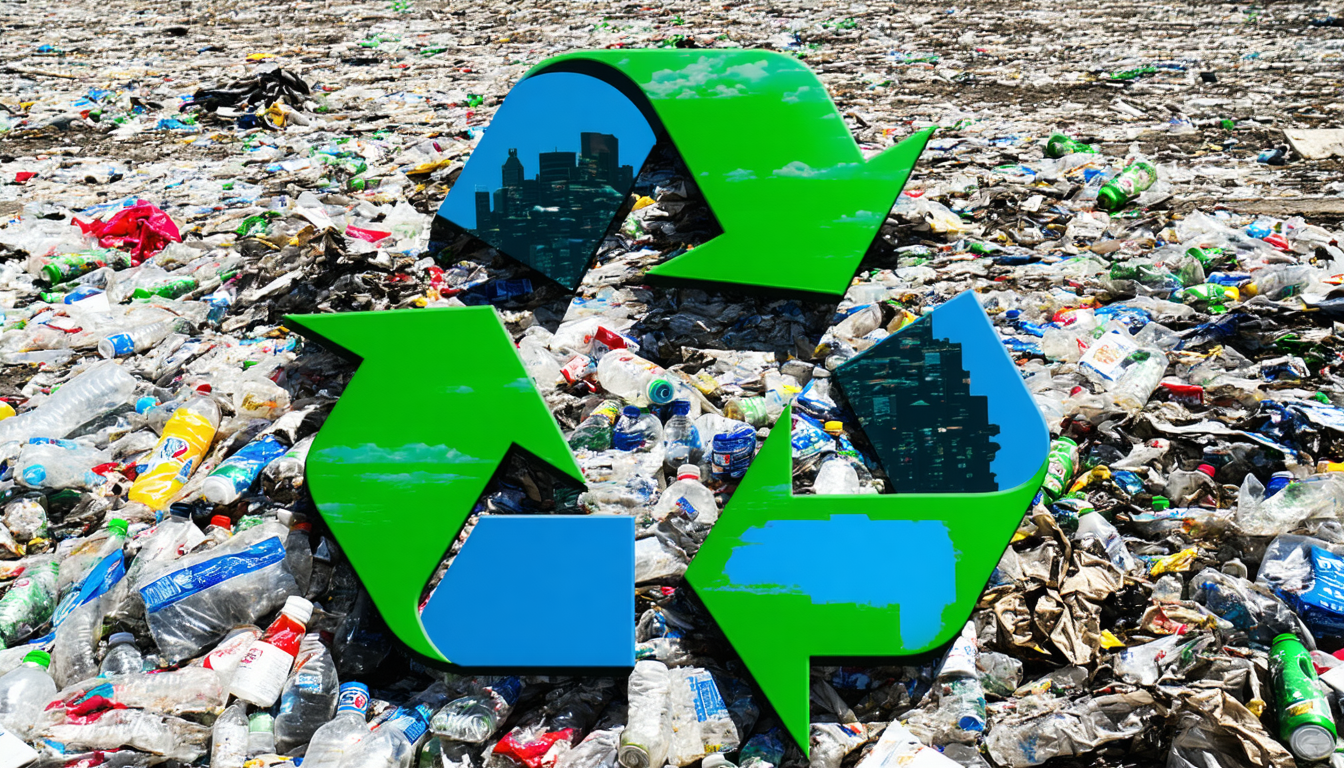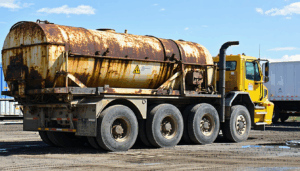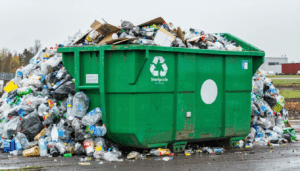Cyanrecycling, a pioneering sustainable waste management company, officially launched its nationwide operations across the United States this week. The rollout marks a significant milestone in the country’s ongoing efforts to modernize recycling infrastructure and reduce landfill dependency. With advanced technology and strategic partnerships, cyanrecycling aims to revolutionize how American businesses and households handle recyclable materials.
Innovative Approach Sets New Industry Standard
Cyanrecycling’s entry into the national market comes at a time when traditional recycling systems face mounting challenges. The company utilizes proprietary AI-driven sorting technology that increases material recovery rates by up to 35% compared to conventional methods.
According to CEO Laura Kim, “Our mission is simple: make recycling efficient, transparent, and accessible for everyone.” She added that cyanrecycling’s platform offers real-time tracking for customers and detailed analytics for municipalities seeking data-driven improvements.
The company has already secured contracts with several major cities including Chicago, Dallas, and San Francisco. Early pilot programs have shown promising results—San Francisco reported a 28% reduction in contamination rates within three months of implementation.
Market Impact: Boosting Sustainability Goals
Industry experts say cyanrecycling could be a game-changer for both public agencies and private enterprises striving to meet ambitious sustainability targets.
“Many U.S. cities struggle with outdated facilities or lack of transparency,” said Dr. Marcus Allen of the National Recycling Council. “Cyanrecycling introduces much-needed innovation at scale.”
Key features driving adoption include:
- Smart Bins: Equipped with sensors that identify improper disposal.
- AI Sorting Facilities: Automated lines separate plastics by resin type.
- Customer Dashboard: Businesses can monitor their environmental impact in real time.
- Incentive Programs: Households earn rewards for consistent participation.
Recent data from the Environmental Protection Agency shows only 32% of municipal solid waste was recycled nationwide last year—a figure stagnant since 2018. Cyanrecycling aims to raise this rate above 40% within five years through expanded access and education campaigns.
Challenges Facing U.S. Recycling—and How Cyanrecycling Responds
Despite growing awareness about environmental issues, many communities still lack reliable recycling services or face high contamination rates that render collected materials unusable.
Common obstacles include:
- Inconsistent curbside collection standards
- Limited processing capacity
- High operational costs
- Public confusion over what is recyclable
Cyanrecycling addresses these gaps by standardizing processes across regions while leveraging economies of scale to lower costs per ton processed.
“Our integrated model allows us to serve both dense urban centers and rural areas efficiently,” explained COO David Chen during Wednesday’s press briefing in Washington D.C.. “We’re committed not just to profit but measurable social impact.”
Municipal leaders echo this optimism but caution that success depends on sustained public engagement as well as regulatory support at state levels.
Future Outlook: Expansion Plans & Policy Implications
With $150 million raised from venture capital firms earlier this year, cyanrecycling plans rapid expansion into all fifty states by late 2026—potentially creating thousands of new green jobs along the way.
The company is also collaborating with federal agencies on pilot projects exploring extended producer responsibility (EPR) frameworks—a policy approach gaining traction among lawmakers seeking corporate accountability for post-consumer waste streams.
If successful on a national scale, analysts predict cyanrecycling could set new benchmarks globally for circular economy practices while helping local governments achieve climate action goals faster than previously possible.
Frequently Asked Questions (FAQ)
What makes cyanrecycling different from other recyclers?
Cyanrecycling uses AI-powered sorting systems combined with smart bins that reduce contamination rates significantly compared to traditional methods used elsewhere in the industry.
Where does cyanrecycling currently operate?
As of June 2025, it operates in major metropolitan areas like Chicago, Dallas, San Francisco—with plans underway for nationwide coverage by late next year.
How can households participate?
Residents can sign up via an app or website; they receive smart bins equipped with sensors guiding proper disposal habits—and may earn rewards based on participation levels.
What are the main benefits expected from widespread adoption?
Benefits include higher recycling rates nationally; reduced landfill use; cost savings for municipalities; improved transparency through digital tracking; job creation; progress toward climate goals.
Is there government involvement or support?
Yes—cyanrecycling works closely with city governments as well as federal agencies piloting new policies such as EPR (extended producer responsibility).
In summary: Cyanrecycling’s launch signals an important shift toward smarter waste management solutions across America—offering hope amid persistent challenges facing traditional recyclers today while setting ambitious targets aligned with broader sustainability objectives nationwide.



